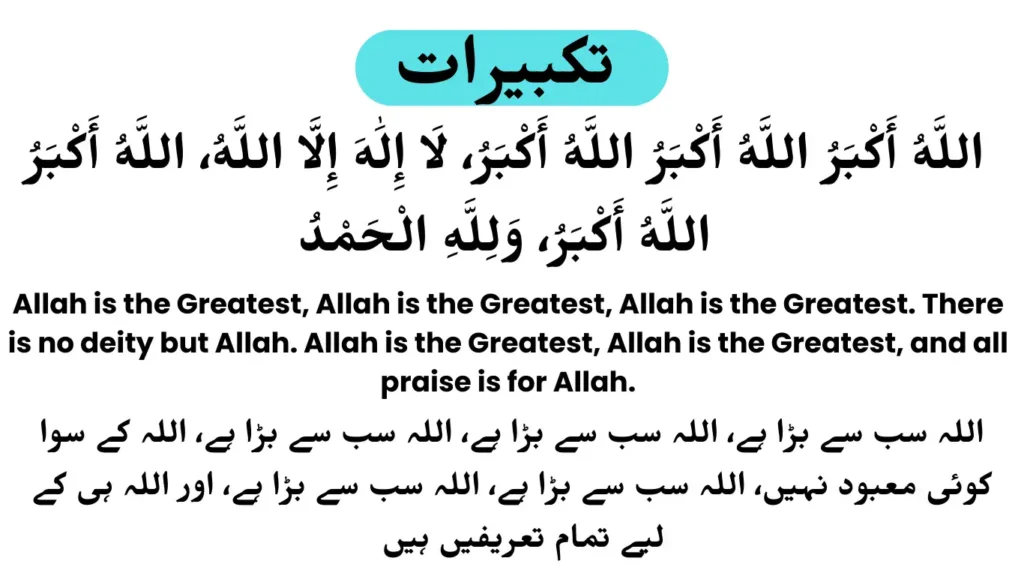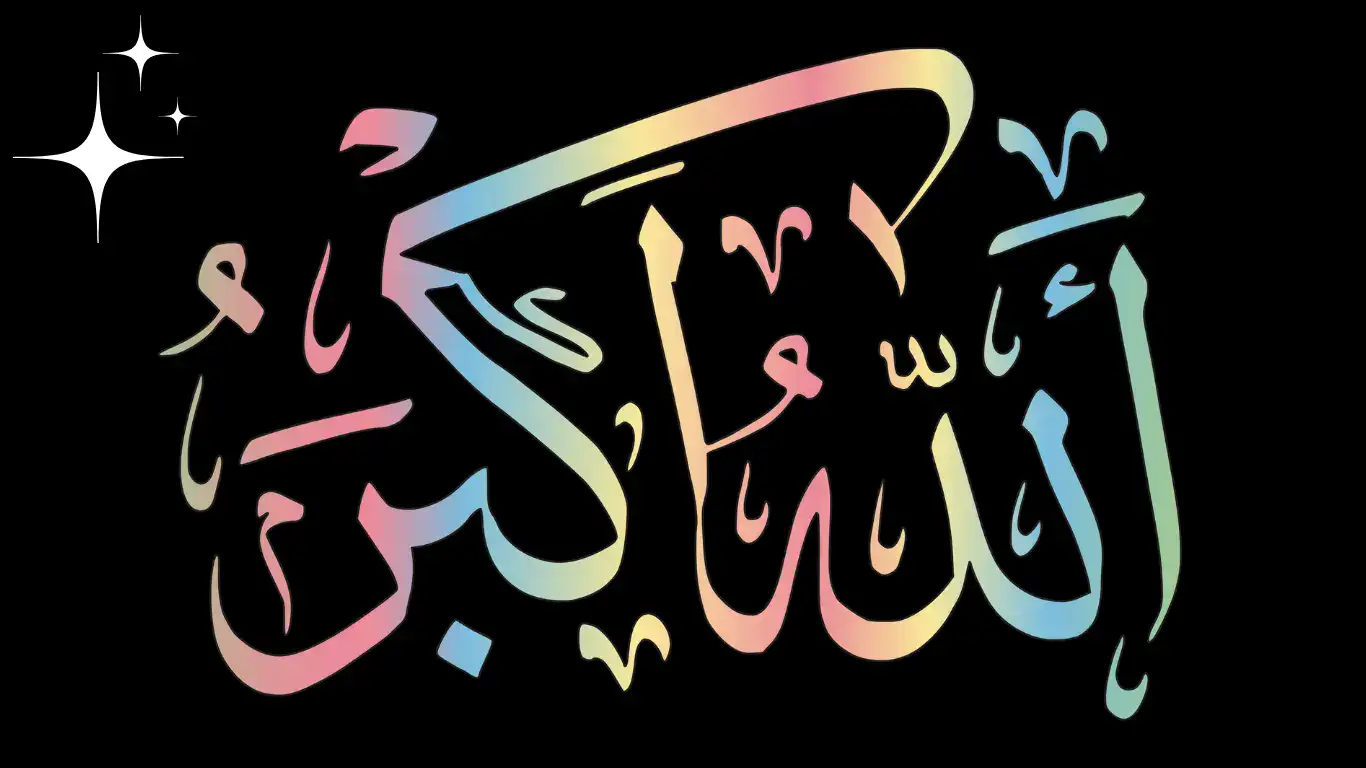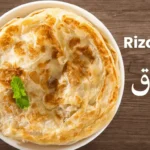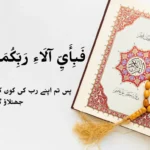Takbeerat, also known as Takbeer-e-Tashreeq, holds a significant place in Islamic tradition, particularly during festive occasions like Eid al-Fitr and Eid al-Adha. This rhythmic proclamation resonates across mosques and homes, echoing the reverence and praise for Allah Almighty.
What are Takbeerat?
Takbeerat are rhythmic chants that begin with “Allahu Akbar” (Allah is the Greatest) and affirm the oneness and greatness of Allah. The phrase “La ilaha illallah” (There is no deity but Allah) underscores the monotheistic foundation of Islam. This profound declaration is repeated in a prescribed manner, fostering a sense of unity and spiritual fulfillment among Muslims worldwide.
The Significance of Takbeerat
During Eid celebrations, Takbeer e tashreeq mark the culmination of fasting and spiritual reflection. They symbolize gratitude for blessings received and serve as a collective expression of faith and joy. The rhythmic recitation not only strengthens communal bonds but also reaffirms the core beliefs of Islam, emphasizing devotion and submission to Allah’s will.

Takbeer e tashreeq in Different Languages
- English Translation: Allah is the Greatest, Allah is the Greatest, Allah is the Greatest. There is no deity but Allah. Allah is the Greatest, Allah is the Greatest, and all praise is for Allah.
اللہ سب سے بڑا ہے، اللہ سب سے بڑا ہے، اللہ سب سے بڑا ہے۔ اللہ کے سوا کوئی معبود نہیں۔ اللہ سب سے بڑا ہے، اللہ سب سے بڑا ہے، اور سب تعریفیں اللہ کے لیے ہیں۔
Related post:
| Labaik Allahuma Labbaik (لَبَّيْكَ اللهُمَّ لَبَّيْكَ) |
| Darood e Taj pdf download |
| A Guide to Roza Rakhne Ki Niyyat |
| Kalma Shahadat |
Cultural and Spiritual Impact
Beyond the religious context, Takbeer e tashreeq embody a cultural heritage that transcends borders. They resonate with Muslims of diverse backgrounds, uniting them in shared devotion and celebration. The melody of Takbeerat reverberates in mosques, homes, and public spaces, creating an atmosphere of reverence and spiritual elevation.
Conclusion
In essence, Takbeer e tashreeq encapsulate the essence of Islamic faith—proclaiming the greatness of Allah and affirming the unity of believers in worship. Whether recited individually or collectively, these chants evoke a profound sense of spiritual fulfillment and communal harmony. As Muslims gather to celebrate Eid, Takbeer e tashreeq serve as a unifying force, binding hearts in gratitude and devotion.
As you engage in the festivities of Eid, let the Takbeer e tashreeq resonate in your heart, echoing the eternal truth: “Allahu Akbar”—Allah is the Greatest.
FAQs:
Takbeerat, also known as Takbeer-e-Tashreeq, are powerful declarations of Allah’s greatness recited during Eid al-Fitr and Eid al-Adha. These chants, which begin with “Allahu Akbar” (Allah is the Greatest), serve to glorify Allah and express gratitude for His blessings. They unite the Muslim community in worship and celebration, reinforcing the core beliefs of Islam
Takbeer e tashreeq can be recited in various languages to cater to diverse Muslim communities. In Arabic, the phrase is “الله أكبر الله أكبر الله أكبر، لا إله إلا الله، الله أكبر الله أكبر، ولله الحمد”. The English translation is “Allah is the Greatest, Allah is the Greatest, Allah is the Greatest. There is no deity but Allah. Allah is the Greatest, Allah is the Greatest, and all praise is for Allah.” In Urdu, it is recited as “اللہ اکبر، اللہ اکبر، اللہ اکبر، لا الہ الا اللہ، اللہ اکبر، اللہ اکبر، وللہ الحمد”.
Takbeerat play a crucial role in Islamic tradition, especially during Eid celebrations. They not only signify the end of fasting and the beginning of joyous festivities but also strengthen communal bonds by bringing Muslims together in collective worship. The repetition of these sacred phrases during Takbeer-e-Tashreeq emphasizes devotion to Allah and reinforces the unity and spiritual fulfillment within the Muslim community.




